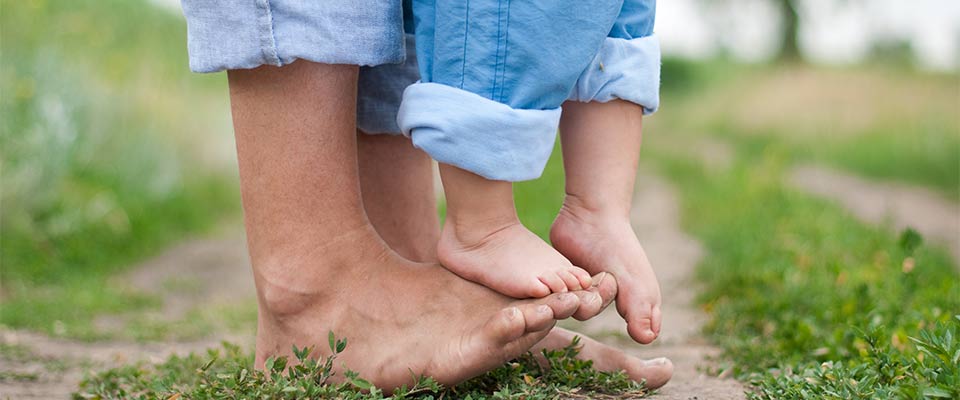What is ARC Treatment Like?
Providers from many different types of systems may be trained in ARC and what treatment looks like will be different depending on who you are working with and where the treatment is taking place. For instance, an in-home therapist, outpatient clinician, school-based therapist, residential program family support worker, or parent mentor may all approach the work using a slightly different structure. However, if you, your child and/or your family are receiving treatment from someone who is trained in ARC, there are certain things you can expect.
First, you – the primary caregiver(s) – will be seen as a very important part of the treatment, and of the treatment team. One of the core goals of ARC treatment is to support families in building safe, healthy relationships. Parents or other caregivers (kin, foster parents, chosen family) may be supported in identifying strengths and challenges within their family system; learning more about their own emotional experience as relates to their child(ren) and to parenting; and identifying and accessing support resources. Treatment will also address the relationship between caregiver and child(ren), supporting families in learning to read each others’ communication strategies – for instance, does a frown mean that your child is angry or overwhelmed? Oppositional or upset? – and to respond in increasingly effective ways. A primary goal for us is for families to enjoy each other and to share positive experiences, even while learning to cope with the often very difficult stressors in their lives.
Second, your child will be focusing on a few core areas in treatment. One of these is regulation: learning how to be aware of, understand, label and have tools for feelings and energy states. Many children and adolescents who have experienced stress, adversity, and trauma struggle with strong feelings, sudden mood changes, and behavioral outbursts, and may not have the same tools to manage those feelings that their peers have. In ARC treatment, we work to support youth in building increasing understanding of and control over their bodies and their feelings, and in understanding the links between those strong feelings and the experiences they may have had in the past.
Finally, your child will also be learning important tools for reflecting on who he or she is and developing an understanding of his or her experiences. All of us learn about who we are through our experiences in the world, and many children and families who have experienced trauma, stress, and adversity have a sense of identity which is negative (“I’m not a good person”), confused (“I just don’t know who I am”), anxious (“I can never do anything right”), and stuck (“I don’t believe anything will ever be different”). Rather than deny traumatic experiences (“It’s better if I just never think about it”) or stay frozen in trauma, your child will work with his or her therapist to incorporate those very hard experiences into a broader, more inclusive understanding of who he or she is. Often, caregivers or other family members are involved in this process.
Although many families come to treatment with the understandable goal of reducing the hard – for instance, decreasing symptoms or addressing areas of family conflict – providers trained in ARC also want to support your child and family in increasing the good. Trauma and adversity can often get in the way of healthy development, and along with building skills in managing and understanding very hard feelings and difficult relationships, treatment using ARC will also work with your child and family to build and support important areas of developmental competency, such as being able to make good choices; finding activities and interests that are fulfilling and give your child a feeling of mastery and power; and being able to make and keep friendships and healthy relationships over time.
Parent Tip of the Month
Here in the U.S., and in many other countries, we are headed into the end of the school year. This time of year brings many transitions for children and families. Schedules change, there is often more unstructured time, and there may be stress as parents are left scrambling to meet changing childcare needs. Transitions are often a challenge for both children and adults who have experienced trauma – these changes may increase anxiety, and behaviors that are typically stable may escalate until children and families settle into a new routine. Pay attention to ways to care for yourself and create self-care breaks when and where you can, and to build awareness of particular triggers for your children. This is a good time to pay extra attention to the full-family regulation toolbox.



